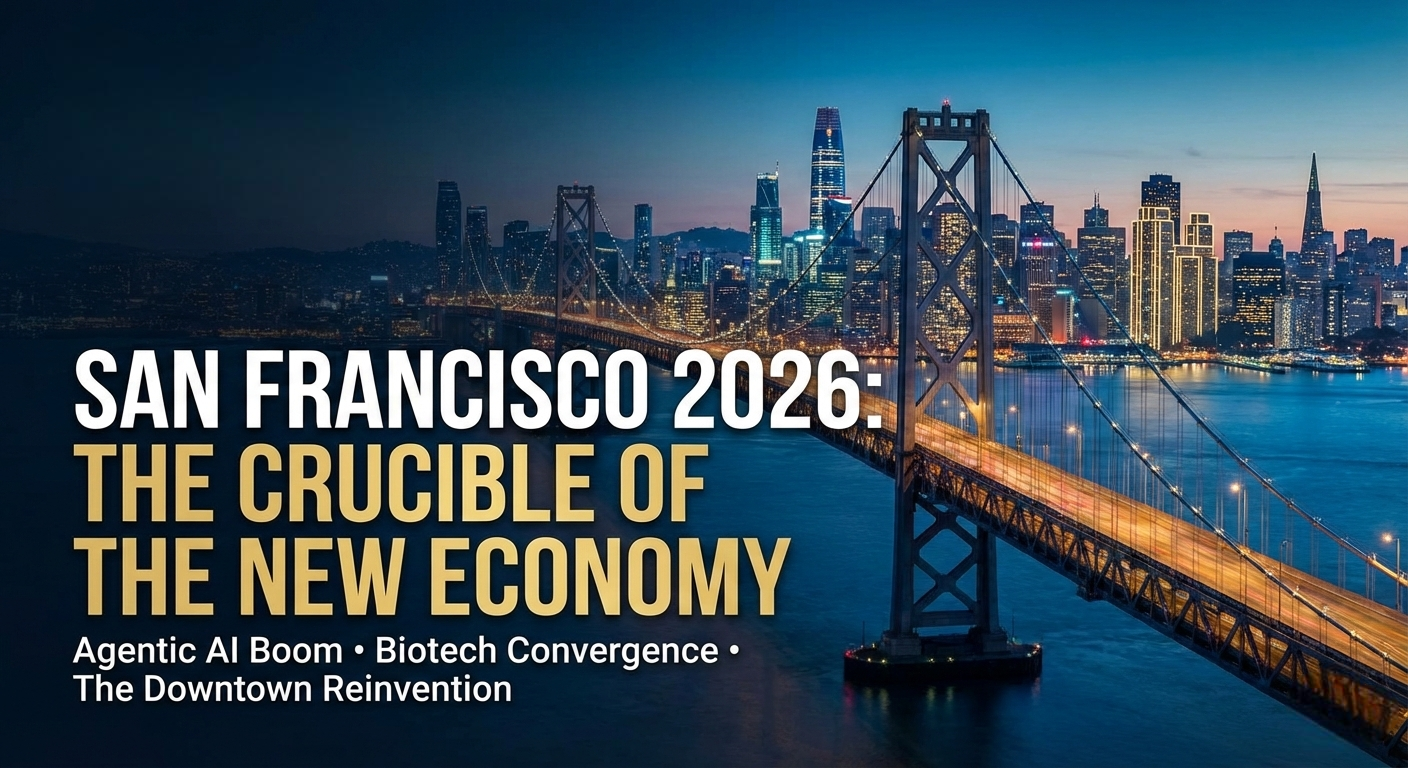Artificial intelligence refers to the development of computer systems capable of performing tasks that typically require human intelligence, such as decision-making, problem-solving, language processing, and more. Automation, on the other hand, involves using technology to perform tasks with minimal human intervention. When combined, AI and automation streamline operations, minimize errors, and reduce the time it takes to complete tasks. In the last decade, businesses have increasingly adopted AI and automation technologies to tackle challenges such as cost reduction, operational efficiency, and scaling operations. According to a McKinsey report, nearly 50% of companies globally are already leveraging AI in some capacity, with its usage expected to increase exponentially in the coming years.
Improving Operational Efficiency
One of the most significant impacts of AI and automation in business is the dramatic improvement in operational efficiency. By automating repetitive and mundane tasks, companies can free up valuable human resources to focus on more strategic, high-value activities. This leads to reduced operational costs and faster time-to-market for products and services. For instance, in industries like manufacturing, automation has revolutionized supply chain management and production processes. Robotics and AI-powered machines can perform complex tasks with greater precision and consistency than humans, leading to fewer errors and higher productivity. Automated systems also improve predictive maintenance by identifying issues before they cause disruptions, minimizing downtime and saving costs.
In administrative roles, automation tools such as AI-driven chatbots and virtual assistants streamline tasks like data entry, appointment scheduling, and customer support. This not only improves accuracy but also increases the speed of completing tasks, allowing businesses to handle larger volumes of work in shorter timeframes.
Enhancing Customer Experience
Customer experience (CX) is a critical factor in determining business success. Companies that prioritize CX are more likely to retain customers, foster loyalty, and generate positive word-of-mouth referrals. AI and automation play a pivotal role in personalizing and enhancing customer interactions. AI-powered algorithms can analyze customer data to offer personalized recommendations, predict preferences, and provide tailored marketing messages. E-commerce platforms like Amazon and Netflix use AI to recommend products and content based on users’ browsing and purchasing history, creating a more engaging and satisfying user experience.
In addition, AI-powered chatbots and virtual agents are revolutionizing customer service by offering real-time assistance and support. These tools can handle routine queries, troubleshoot issues, and even facilitate transactions, all without human intervention. This not only improves response times but also ensures that customers receive 24/7 support, further boosting satisfaction. Moreover, AI-driven sentiment analysis tools allow businesses to monitor customer feedback across various channels, such as social media and online reviews. This real-time insight enables companies to address concerns quickly, adapt to changing customer needs, and enhance overall satisfaction.
Transforming Decision-Making
AI’s ability to process vast amounts of data and provide actionable insights has made it a game-changer in business decision-making. Companies are now leveraging AI-driven analytics to make data-driven decisions, optimize processes, and forecast future trends. This is particularly beneficial in industries such as finance, healthcare, and retail, where large datasets are constantly generated.
For example, in finance, AI-driven algorithms can analyze market trends, assess risk, and make investment recommendations, helping financial institutions manage portfolios more effectively. Retailers can use AI to analyze customer behavior patterns and optimize inventory management, ensuring that popular products are always in stock while minimizing overstocking of less popular items. Furthermore, AI is transforming human resource management by automating tasks such as resume screening, employee performance analysis, and talent acquisition. By analyzing employee data, AI can provide recommendations for hiring, training, and retention strategies, helping businesses build stronger, more efficient teams.
Challenges and Considerations
While AI and automation offer numerous benefits, they also come with challenges that businesses must address. One of the primary concerns is the potential loss of jobs due to automation. As machines take over repetitive tasks, some job roles may become obsolete. However, experts argue that while certain jobs may disappear, new opportunities will arise as businesses require skilled professionals to manage and maintain AI and automated systems.
Another consideration is the ethical use of AI, particularly when it comes to data privacy and security. Companies must ensure that AI technologies are used responsibly, without violating consumer rights or misusing personal data. Additionally, the implementation of AI and automation requires significant investment in infrastructure, training, and integration with existing systems. Businesses need to carefully assess their readiness and plan for a gradual adoption to avoid disruptions and maximize ROI.



















